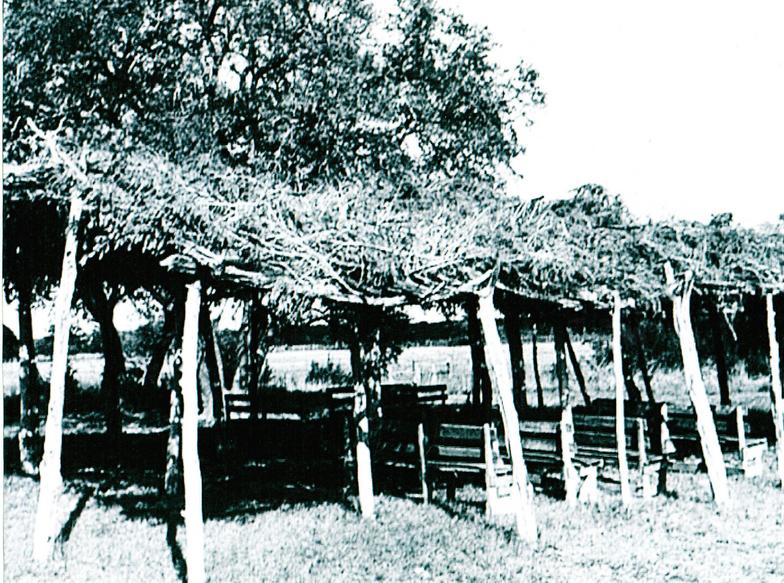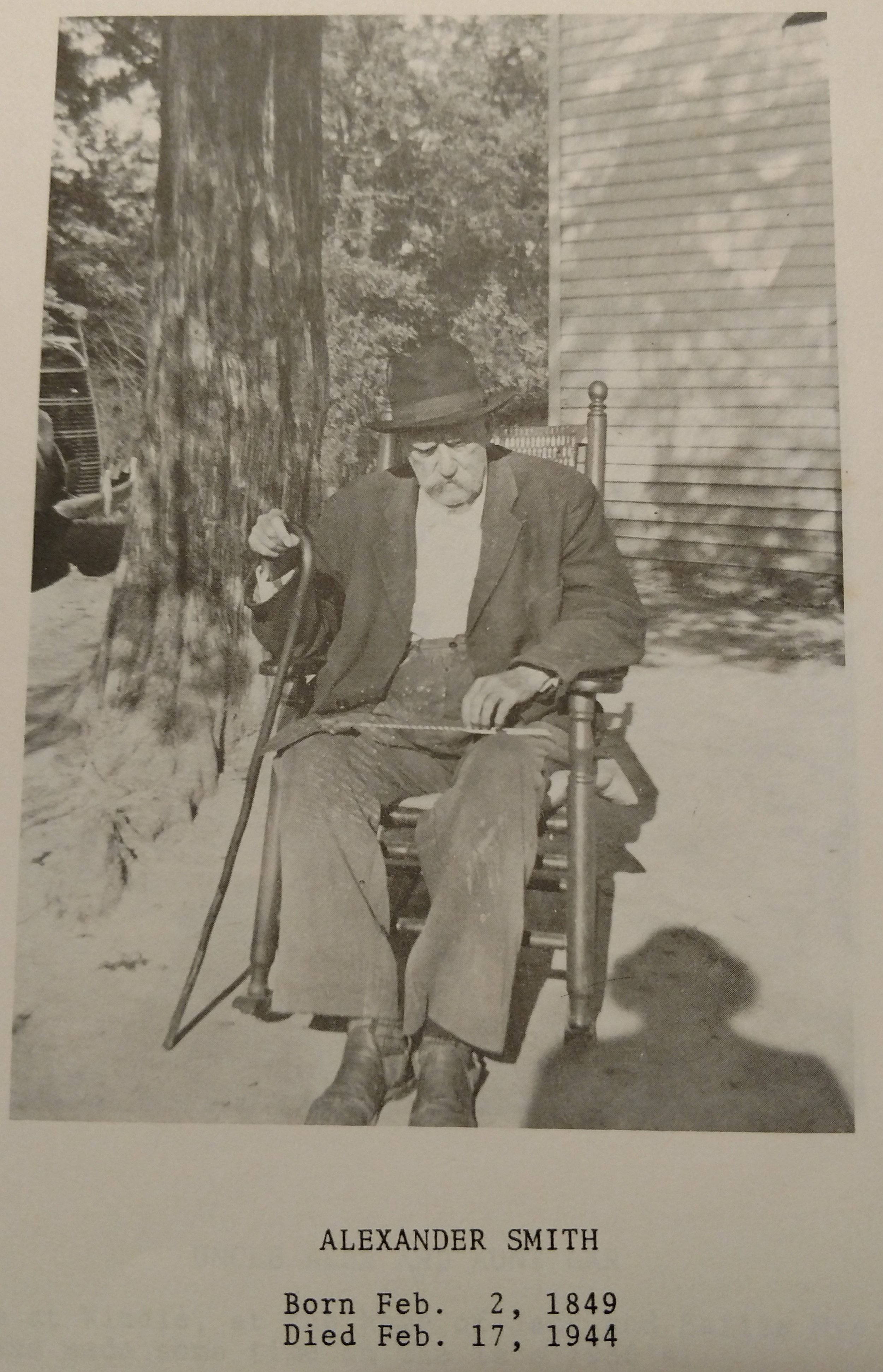Cord and the Mutton
/Following is another of Callie Melton’s stories from her book ‘Pon my Honor
As usual, this is presented just as she published it.
Grandpa purely loved to tell about the jokes he’d played on people. He was as full of fun as a dog is of fleas, and he was always ready for a prank of some kind or another. His pranks were always good natured, but also always good for a laugh. The tale us young’un liked the best was the one about the time he got Cord Hull to eat the mutton.
When Grandpa and Grandma were first married, they lived for awhile on Uncle Will Hull’s place. Now he really wasn’t Uncle Will, but Cousin Will, but, being a lot older than Grandpa and Grandma, they just called him Uncle.
Uncle Will had five boys. The middle one was Cord, and he was the one who was always sent out to work with Grandpa. They two older boys, Ress and Nade, logged with Uncle Will, and they two younger ones, Wyoming and Roy, were kept at home to help their ma around the house.
One time Grandpa and Cord got the job of farming that year, so Uncle Will and the two other boys could go on with their logging and rafting. Cord was just about half-grown, but he was a good worker, so the two set about putting in the crops.
On the days that they worked the fields nighest Uncle Will’s house, Miz. Hull would get dinner for them. And on the days that they worked near Grandpa’s house, Grandma cooked for them. Grandma was a good cook, and Cord like to eat at Grandpa’s. He’d say that Lar could cook the best sallet and hoecake that he ever put in his mouth.
Now, at this particular time Grandpa had just killed a sheep. Grandpa rally knew how to butcher a sheep, so his mutton was always good. Grandpa also knew, as did everbody else, that mutton was the one thing that Cord Hull would not eat. But, being Grandpa, he laid plans to feed Cord some of that mutton!
One morning at breakfast Grandpa told Grandma that him and Cord would be eating with her that day, and to be sure and cook plenty of mutton. “Cord purely hates the stuff,” he told her, “but don’t you say a word about mutton at dinner. I’m going to make him eat some of it and like it.”
Grandma was scandalized, but what could she do with Grandpa! So she just tried to outdo herself on her meal that day, and when Cord and Grandpa came in at dinner time she had the vittles on the table waiting for them.
While she poured the sassafras tea, Grandpa and Cord sat down at the table and started eating. The first thing Grandpa did was to pick up the big platter of mutton, pass it to Cord and say, “Cord, I’ve just killed a calf… have some.”
Cord forked him a nice big piece of mutton and started in on it. Before he had hardly swallowed the last bite of that piece, Grandpa was passing the platter and urging him to have some more. “Make out your dinner, boy,” he said, “for we’ve got some mighty hard work ahead of us this evening.”
“Alex, this is the best beef I ever tasted,” Cord said, and forked him another big piece of mutton.
Grandma was so taken back that she was afraid to open her mouth for fear she’d say the wrong thing. But not Grandpa! He eat, and talked, and passed Cord the beef. And Cord eat like there wasn’t going to never be another meal. But, finally they finished eating, pushed back their chairs, and got ready to go back to the field.
Cord thanked Grandma for the good meal, and started out the door. Grandpa stopped him and said, “Cord, didn’t you tell me that you couldn’t eat mutton?”
“Alex,” he said, “I just can’t swallow that stuff. It tastes just like wool to me, and the longer I chew a bite the bigger it gets.”
“Well, you sure eat a dog’s bait today,” Grandpa told him.
Cord couldn’t believe it! HE couldn’t believe that he had eat mutton until Grandma assured him that he had. Grandpa said that all the rest of that day Cord kept shaking his head and saying that he couldn’t believe that he’d really eat that mutton.
Of course Grandpa had to tell what he’d done all over the settlement. And poor old Cord! He had to take an awful lot of joshing about Alex’s poor little young’uns having to go hungry because he had eat up all of the mutton!










